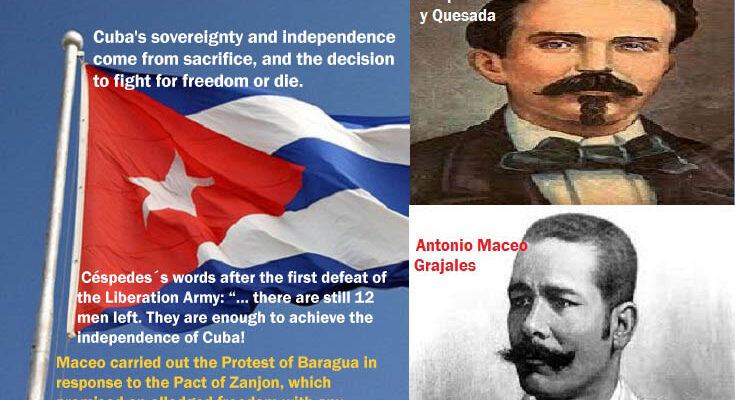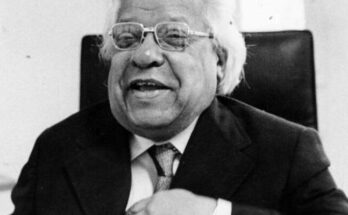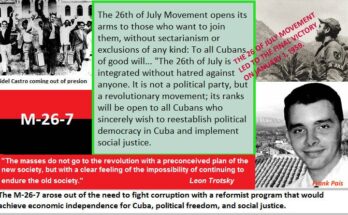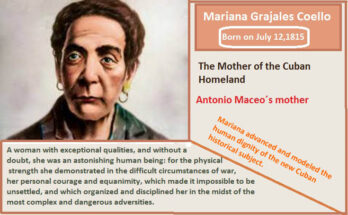During the colonial period, the Cuban people decided to throw off the oppressive yoke for which they had to engage in the necessary and unavoidable wars to conquer independence and destroy Spanish rule.
Throughout the struggles for the independence of the nation, there were many setbacks and entropy that attempted against the independence ideals. Here we will see two of them and the responses of the worthy insurrectionists.
On October 11, 1868, one day after the Cry of La Demajagua, Carlos Manuel de Céspedes attacked the city of Manzanillo, starting with Yara, where the insurrectionist forces suffered the first setback. The Mambi chief, upon hearing from one of his men that all was lost, uttered the unforgettable phrase: “No, there are still 12 men left. They are enough to achieve the independence of Cuba!
After 10 years of war, the Junta del Centro signed the Zanjón Pact in February 1878, with the Spanish promise of an apparent freedom without independence. Both Máximo Gómez and Antonio Maceo disagreed with this erroneous decision of Camagüey.
On February 21, 1878 Maceo writes to Martínez Campos. He tells him that he knows from Gómez and the commissioners of the Central Department, what was agreed in Camagüey. He tells him that Oriente and Las Tunas are in conditions to continue the fight, in disagreement with the resolution of the Junta del Centro, he asks for an interview and asks for four months of suspension of hostilities to consult the will of all the districts that compose that department.
On March 15, 1878, the interview between Maceo and Martinez Campos took place in Mangos de Baragua. The Spaniard pronounced brief words of introduction to the conference and, immediately, Maceo answered that they were not in agreement with the signed pact, since with the same one neither the independence of Cuba nor the abolition of slavery were achieved.
In spite of this dignified position, the revolution was mortally wounded because of regionalism, indiscipline and personal interests, and even when the circumstances were adverse to maintain the struggle in the eastern territory, the protest led by Maceo had a great significance.
A similar attitude in relation to the Zanjón Pact was adopted in Las Villas by Mambi colonel Ramón Leocadio Bonachea, who remained active until April 1879 when, when he laid down his arms at the Jarao railway station, he assured to take them up again when the circumstances allowed it.
With their attitude, Maceo and his followers not only consolidated the Cuban revolutionary thought in moments of deep moral crisis, but also reaffirmed the basic objectives of the national rebellion, saved their honor as combatants and exalted that of Cuba, bequeathing to later generations the possibility of proudly proclaiming that, since the first endeavor, Cuban revolutionaries have never been defeated or defeated.




